Are USPs (Unique Selling Points) an Outdated Concept?
When we discuss web design or copywriting with a client, one of the questions Infoserve will always ask is: ‘what are your USPs?’ However, we have noticed that there has been some discourse online regarding the relevance of USPs in modern marketing, and whether they really hold as much value in 2024.
With an overload of marketing messages and customers bombarded by choices online, some argue that USPs are no longer effective in grabbing attention. But, when standing out against your competitors has become even more of a challenge, can we really afford to let them go?
What are USPs?
Unique selling points (USPs) are aspects of your business that set you apart from your competitors. The purpose of a USP is to give your marketing and branding a clear focus, and display to your audience immediately what they get when they invest in your service.
A good USP is one that immediately sets you apart. It is something that displays the benefit of your product rather than just its features.
Are USPs outdated?
The short answer is no; unique selling points are still very much vital to your marketing and website design, however, the way they are used and placed in web design has changed over time.
The problem itself is not with USPs as a concept, but with the way that many businesses approach them: as another box to tick.
When done this way, they lose their power. They lose their gravitas. They look forced. Not just to us as marketers, but to customers as well.
Really, the reason many people believe that USPs are outdated is because a lot of businesses will throw them onto the website as a design feature rather than something done with intention.
And a generic USP runs the risk of gaining the copy and paste effect. Where every business in your industry claims to do the exact same thing in the exact same way, as though they’ve just duplicated the same information.
And, if that’s the case, what’s the point in even putting them on your website in the first place?
USPs are not outdated, but in some cases, their execution could use a little bit of work.
Why USPs are still relevant
USPs remain highly relevant when crafted and communicated effectively. The key isn’t to dismiss the concept of USPs altogether but to adapt them to be more customer centric.
Here’s why USPs still hold value:
1. They provide clarity
2. They distinguish you from competitors
3. They help guide marketing and branding
4. They address specific pain points
How to define your USPs
There is no ruling formula for settling on your USPs.
Selling points will differ depending on the industry, the purpose of your business, the nature of your business, what you sell, who sells it, and a number of other factors.
If you’re finding it hard to create USPs, don’t worry. You’re not alone. USPs are one of the hardest aspects of marketing, because they are so integral to your messaging. Even experienced writers and marketers spend days crafting them.
But, you have to start somewhere. So put your thinking cap on and take a look at our tips for creating USPs that definitely aren’t outdated.
1. Keep it specific
There is nothing worse than a general USP.
Because, simply saying ‘top quality service’ tells your customer nothing. It looks vague, and like you’ve thrown it on your website as an afterthought.
Quality service is an expectation from businesses, not a selling point. So, dig a little bit deeper into what makes your service worth their while. Do you offer 24 hour phone support? Is your service endorsed by recognised names or awards?
If you’re struggling, take a moment to think about how you would pitch your business to a customer in person. What stands out about your product or service that you would be most excited to tell them?
As a small business owner, we know you are incredibly proud of what you’ve built, so when you ask yourself that question, it is likely that a few selling points popped into your mind. Use them, condense them, and make them as purposeful as possible.
Start with what you know.
2. Lead with the benefit
A common piece of marketing advice, and one that holds true.
Our Copywriters will always tell you that the best content promotes the benefits of features rather than the features themselves. This bleeds over into your USPs.
If one of your selling points is that you’ve won an award, you know exactly what that award means. But, the chances are, your customer doesn’t.
3. Know your ideal customer
This leads us on to our next point.
Who is your ideal customer and what do they want from you? It’s no use creating a selling point if it has absolutely no selling power.
Look at their pain points. What do you offer that they want but can’t find elsewhere? What are their goals and how do these tie into your service?
For example, if you offered accommodation to students, they might want:
- Housing that they can afford
- Predictable prices that don’t change during their studying
- A safe place for them to study and socialise
- To not just get through university, but to thrive
- To set up roots for their future
- A safety net
These wants are a fantastic starting point. Some of them are even USPs in themselves. You could take the fact that they want predictable pricing and say: ‘we provide stability during the most formative years of your life.’
Of course, this is only an example and it would need tweaking and personalising, but it’s a start.
One of our top tips is to speak directly to your customers and take note of what they’re saying about your business. What do they love about the service you provide? What stood out to them? Why did they recommend you?
This can be done by looking at reviews, social media and even your customer service calls.
4. Take a sneaky look at your competitors
Look at the messaging they’re using, and the angle they take with their selling points.
Remember, a unique selling point is only unique if it sets you apart.
Try:
- Conducting a competitive analysis to identify the USPs of your top competitors
- Listing features, benefits, and strategies they focus on
- Identifying any areas of weakness or issues they’re not addressing
For example, if your competitors are all focussing on the low cost of the service, you could angle your USP at the quality gained for the price.
5. Be authentic
Try not to get caught up in the process of creating USPs and end up with statements that are misleading or inauthentic to who you are.
Whilst it is important to stand out amongst your competitors, this should never come at the cost of your branding, values or service.
The best USPs are honest, genuine and consistent with your brand voice.
So, avoid using buzzwords and cliches, and make sure that any claim you make is backed up by testimonials, reviews and your experience in the industry.
Top tip: Conduct a survey to find out whether your USPs resonate with real customers. Surveys are likewise a fantastic way of figuring out what your customers love about you.
6. Test and refine your USPs
As with everything in marketing and conversion rate optimisation (CRO), you need to test your USPs and refine them as your business changes and adapts over time.
Not sure where to start?
Infoserve will always ask you what your USPs are. This is information that we won’t come up with ourselves. We just won’t. Because you know your business far better than we do. You know what makes your product, service, and employees special.
What we can do is use our expertise in copywriting and web design to ensure they are angled towards conversion.













